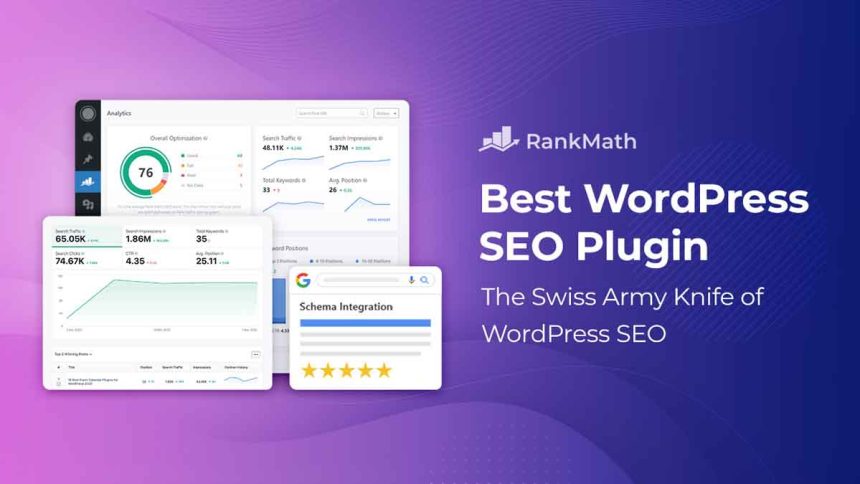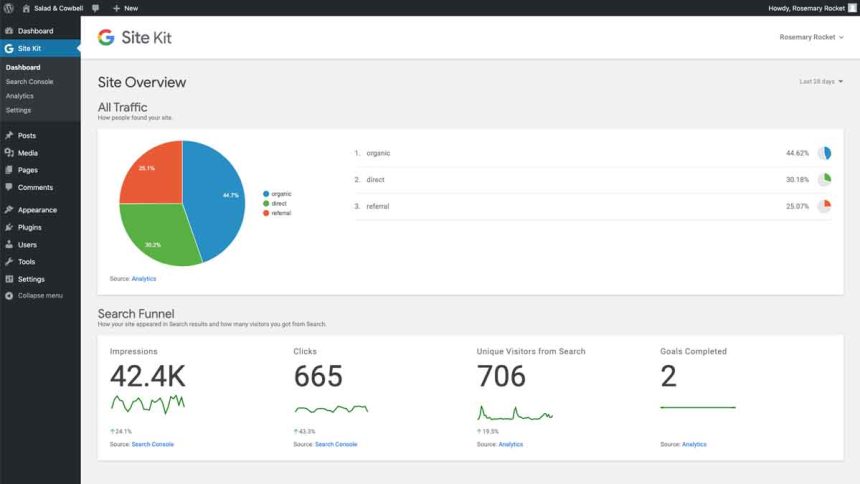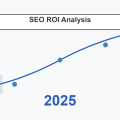When I help businesses grow their SEO, it’s common for people to ask me this question:
“So, what’s the difference between on-page and off-page SEO?”
Onwards to a quick blog that provides some examples of what has been done to my clients in Perth!
Seasons Bali are the latest clients who came to us in December 2023 for both a total overhaul of on-page and another altogether in off-page itself.
With this kind of traffic from search engines alone, they’re at 182% compared to the previous month! How did we manage that? Read on for more.










